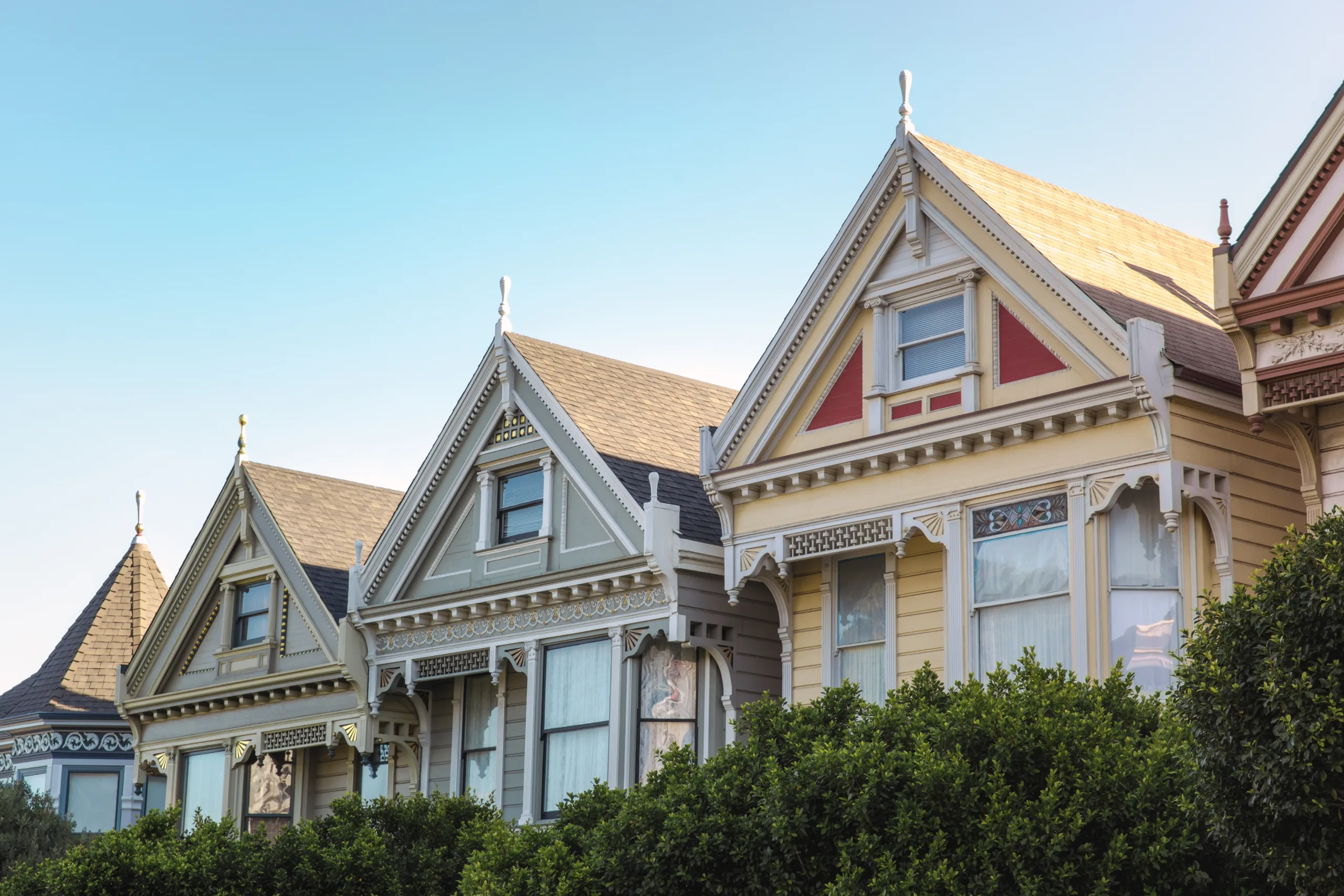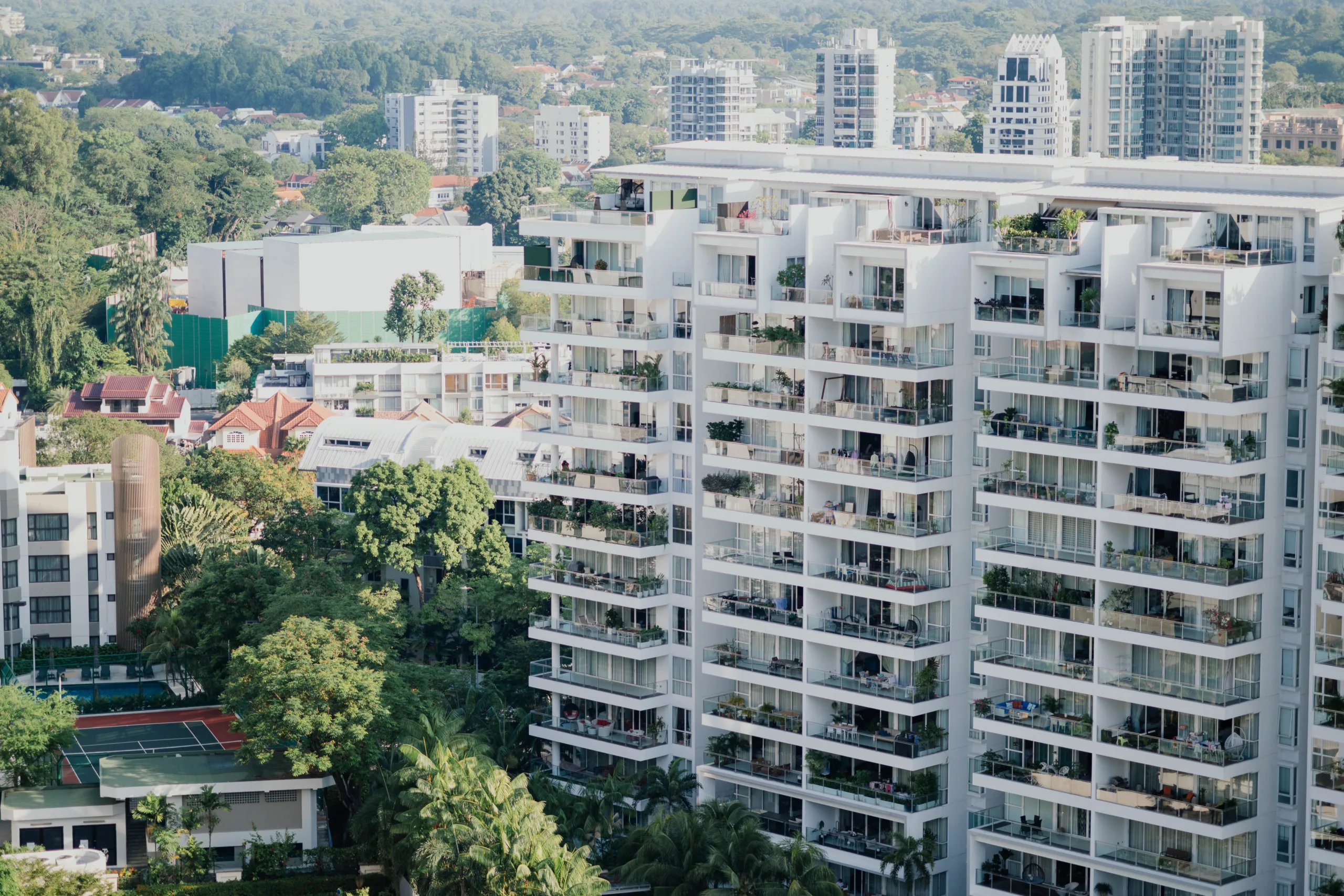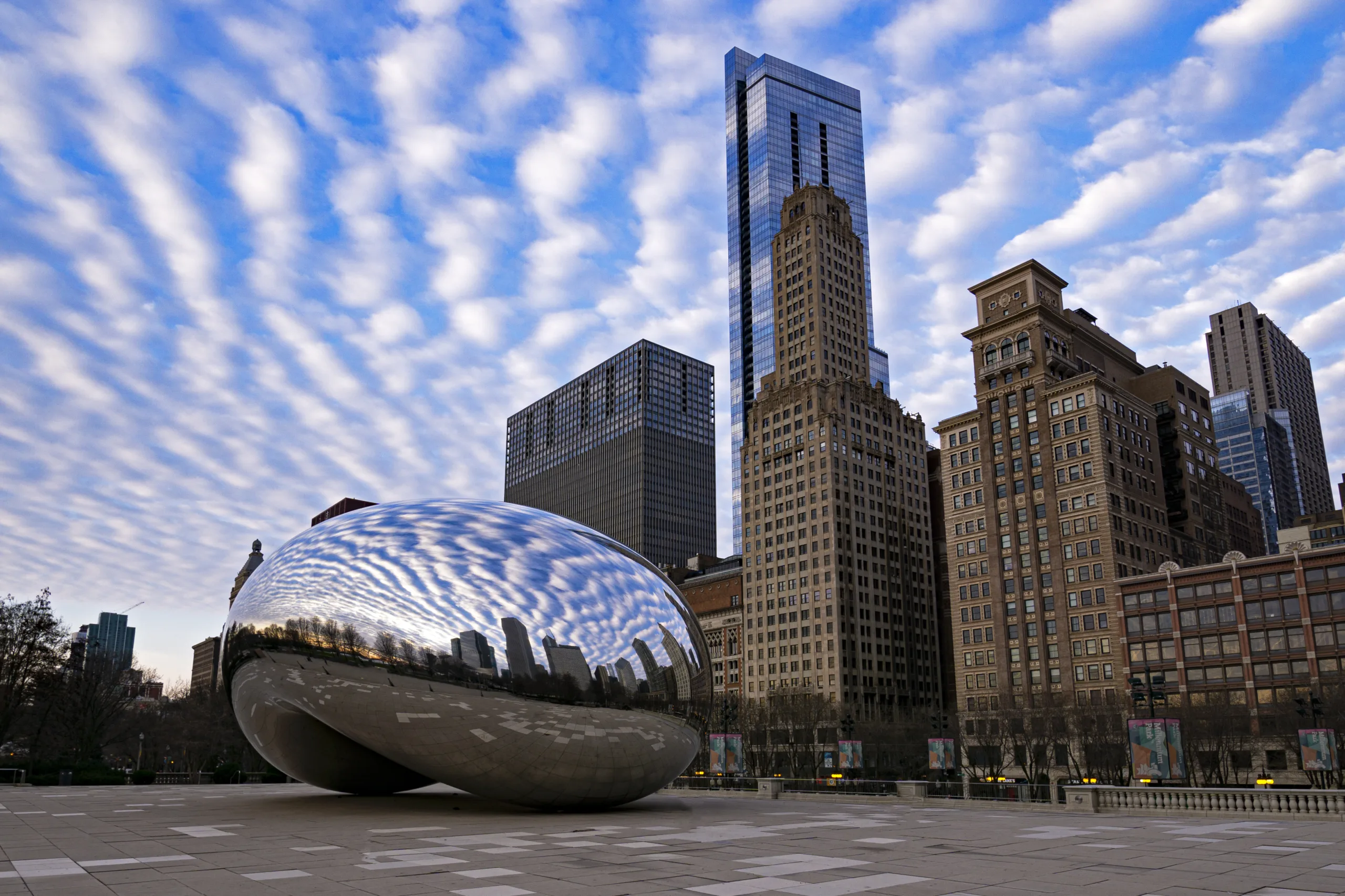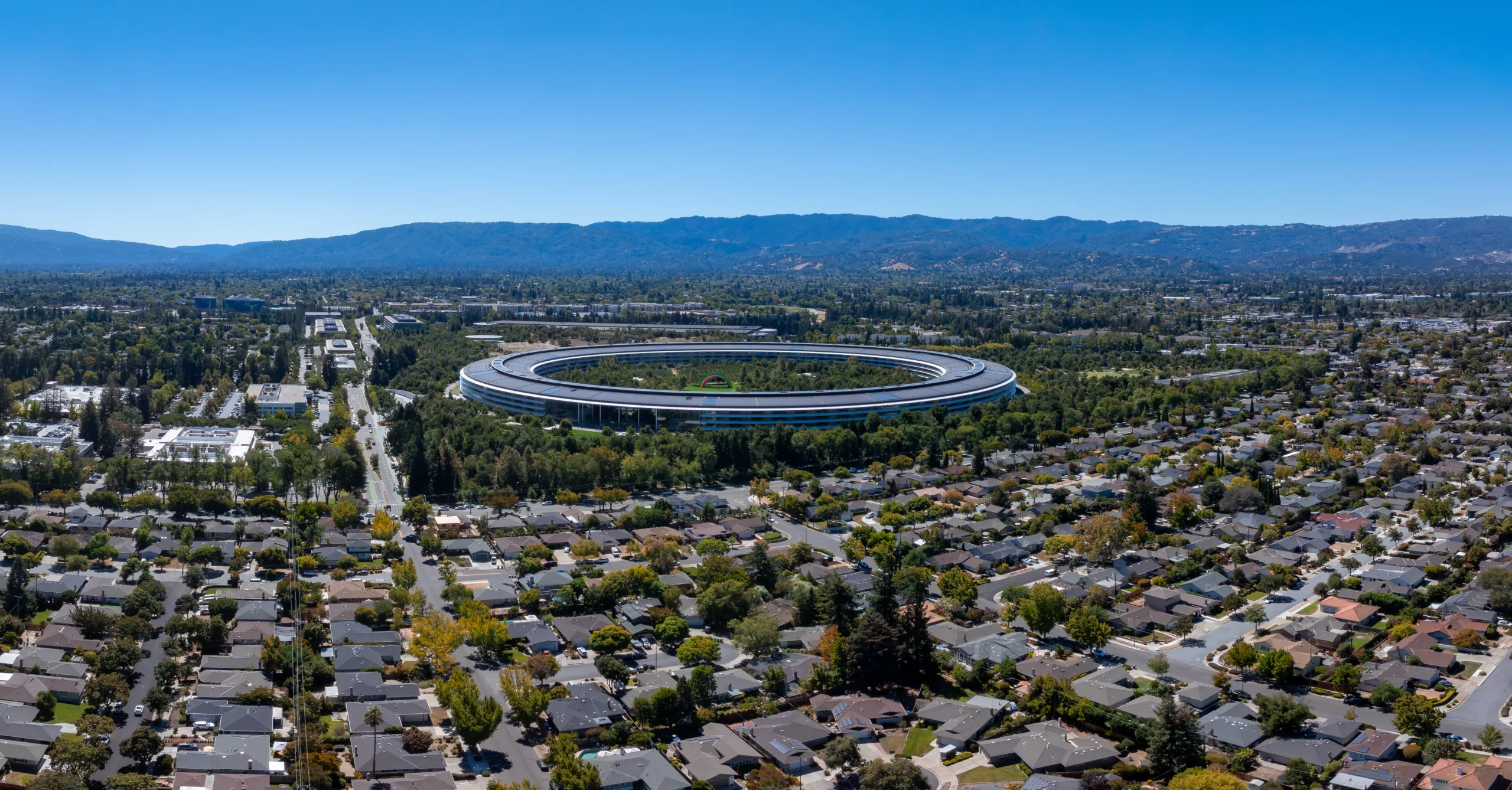- Renovation of the 1.2M SF James R. Thompson Center is underway, with Google set to occupy the building once the transformation is complete.
- The redevelopment is seen as a potential turning point for downtown Chicago’s struggling office market and aging building stock.
- Real estate insiders believe Google’s presence could drive demand, bolster retail and residential conversions, and create a new tech-centric hub in the Loop.
A Bold Bet On The Loop
Google is reimagining one of Chicago’s most distinctive architectural landmarks, reports CoStar. The company is set to move into the 17-story James R. Thompson Center, once a state-owned government building. The full renovation is expected to wrap in 2027.
Located at 100 W. Randolph Street, the building is uniquely positioned at the crossroads of Chicago Transit Authority’s major train lines. Originally designed by the late Helmut Jahn, the Thompson Center was once derided for inefficiency but is now being preserved and modernized into a tech-forward campus.
Inside The Deal
Google’s path to acquiring the building followed a complex local arrangement. Developers Prime Group and Capri Interests initially agreed to buy the property from the state of Illinois. After Google stepped in, the firms paid $30M in cash and transferred a nearby office property valued at $75M as part of the final deal.
Google hasn’t disclosed whether it will consolidate its 2K existing employees from the Fulton Market district into the new space. Brokers report that up to 400K SF could be offered to other tenants.
Get Smarter about what matters in CRE
Stay ahead of trends in commercial real estate with CRE Daily – the free newsletter delivering everything you need to start your day in just 5-minutes
A Design Overhaul With Strategic Flexibility
The renovation replaces the iconic salmon-and-blue facade with a sleeker glass exterior, offering better light and transparency. Plans also include a revamped atrium filled with restaurants, retail, and amenities.
Architect Jahn’s namesake firm is consulting on the project posthumously, preserving the design integrity of the building’s original vision while updating it for modern use.
A Signal For The Market
Real estate leaders see Google’s move as a potential game-changer. “The perception is, if it’s good enough for Google, it should be good enough for other people,” said Colliers’ Michael Lirtzman.
The project is already being referenced in office leasing pitches across the Loop, a district hit hard by post-pandemic office vacancies and aging inventory. With few new office projects in the pipeline, demand for high-quality space could exceed supply.
Will Google Spark A Loop Comeback?
City officials are also banking on a broader “Google effect.” Through public-private partnerships, developers are converting outdated office space into housing, including affordable units. The goal is to diversify and reinvigorate the Loop.
Still, experts caution that the true impact won’t be clear until years after Google moves in. “It has all the hallmarks of something that should reenergize the neighborhood,” Lirtzman said. “But we haven’t seen the finished product yet.”
A Pattern Of Market Shaping
Google’s real estate moves have historically transformed neighborhoods—from Chelsea in Manhattan to Fulton Market in Chicago. The company’s strategic relocation to the Thompson Center mirrors earlier decisions that sparked significant commercial and residential growth in surrounding areas.
With the 2027 opening still ahead, the city’s real estate community is watching closely. As R2 CEO Matt Garrison put it, “They tend to kind of create markets where they go—and there’s already a precedent in Chicago.”
Why It Matters
Google’s commitment to the Thompson Center reflects broader trends in office-to-experience conversions and public-private urban renewal. If successful, it could provide a much-needed blueprint for the future of legacy office districts.


















